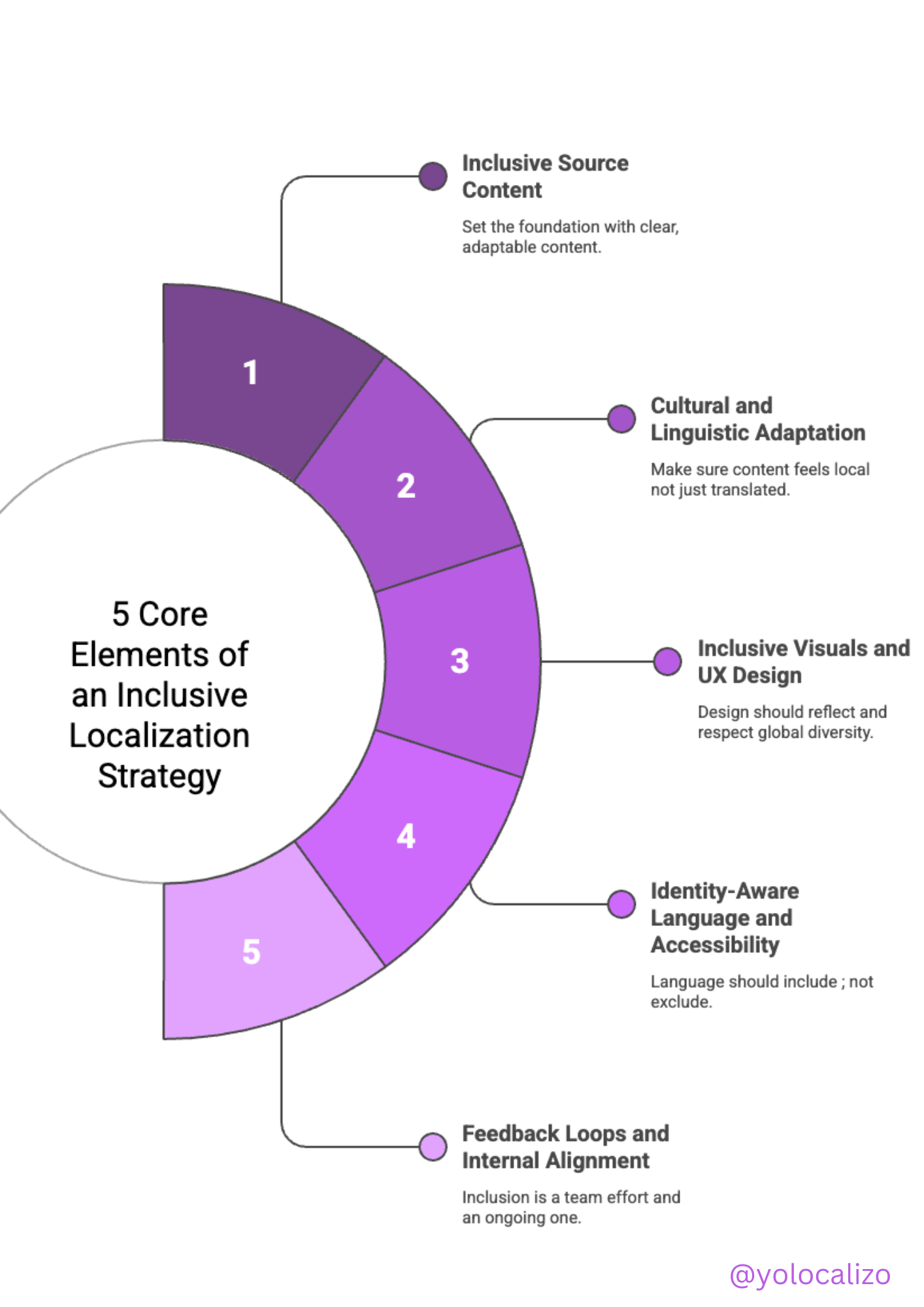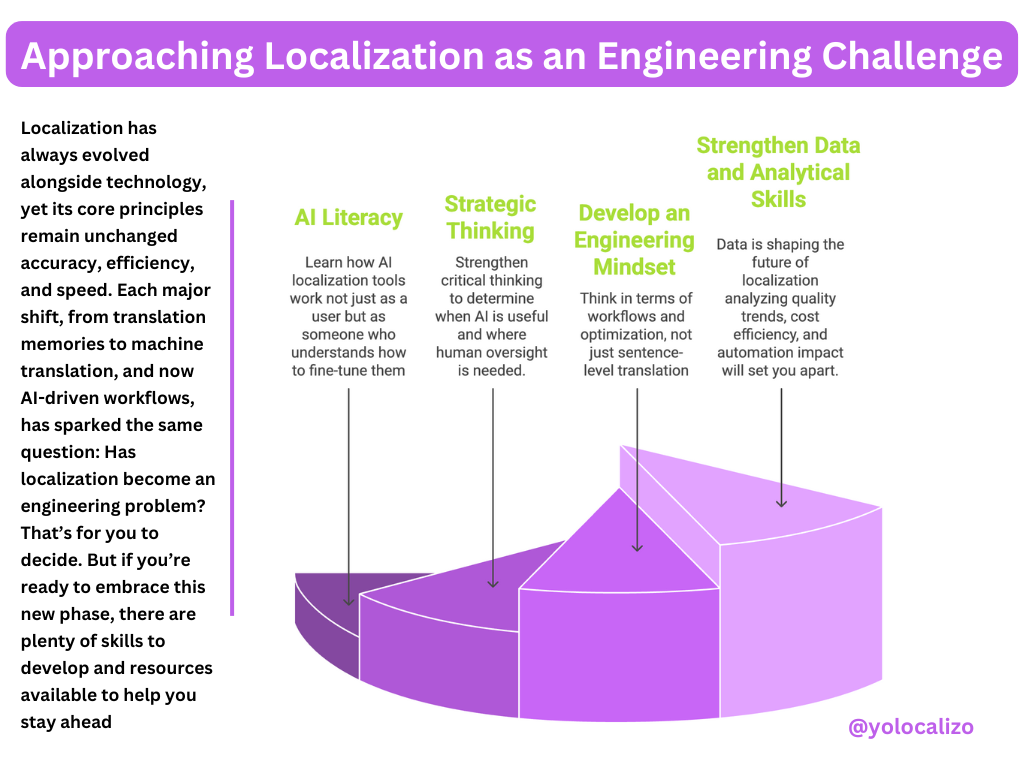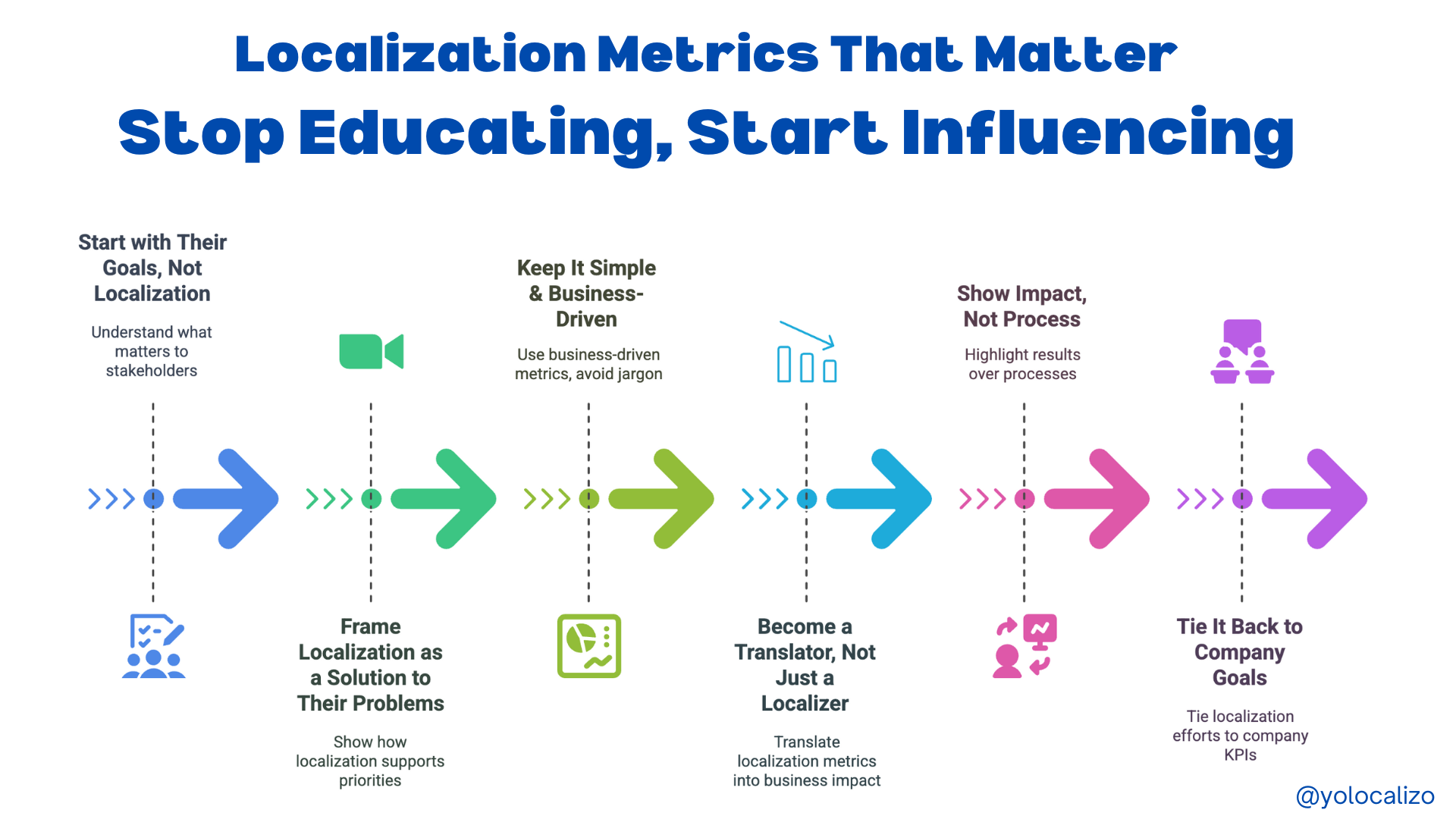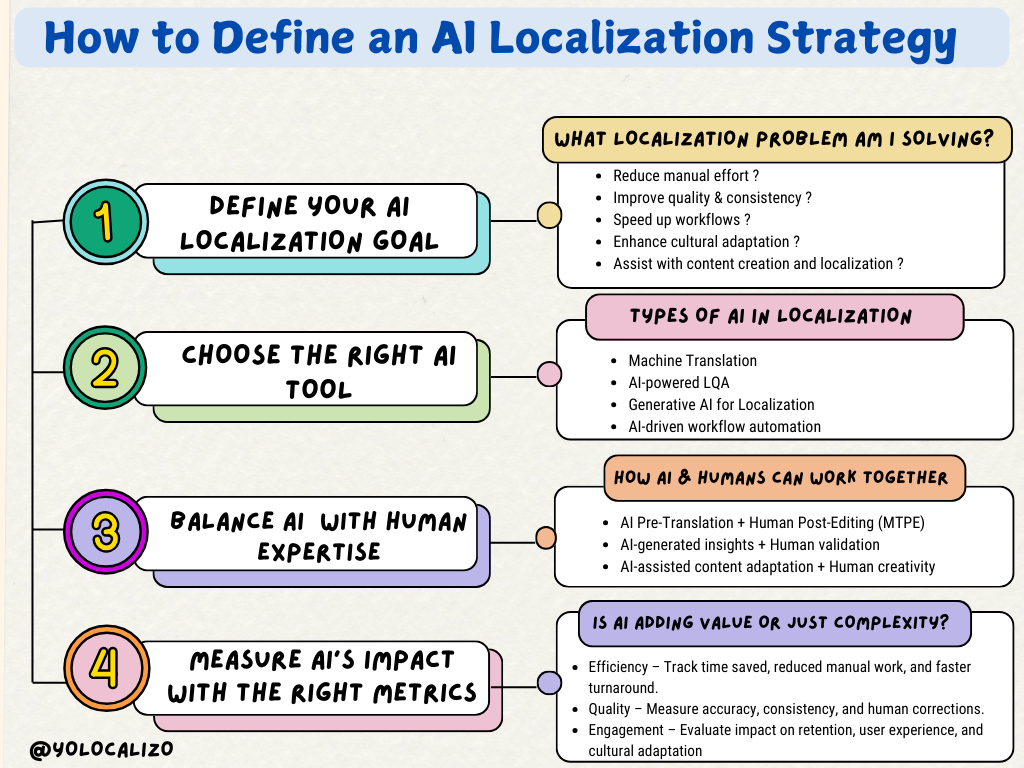The Localization Project Management trick that we can use until we master the Jedi mind trick
I like Star Wars movies, but I am not a staunch fan of those who collect hundreds of figurines, build models of the Dead Star, and know all the details of the Star Wars universe.
Still, they entertain me, and I wouldn't mind being a Jedi! not because of their sword skills, or their infinite jumps or their ability to fly with any clunker across the galaxy, no, that is not what I would love to be a Jedi, what I would appreciate most certainly is their Jedi minds trick power
Obi-Wan Kenobi in "A New Hope" explained it as, "The Force can have a strong influence on the weak-minded." With a mind trick, a Jedi can implant a suggestion in some else's mind and have them do as the Jedi wishes, often avoiding a potentially violent confrontation. It's also known as "affect mind" or "alter the mind."
Can you imagine what it would be like to be a professional in the localization industry and have that skill??
Fuffff!(visualize this waving your hand in front of your stakeholder)
Fuff - You have to contact with your Localization team early in development phase
Fufff- This is a preferential change and this translation does not sound weird, (you are weird!)
Fufff- Localization is a revenue enabler to enter in new markets
It would be so cool to wave our hands and convince people in the blink of an eye… but, I’m afraid that being a Jedi and master those cool powers might not happen anytime soon. So, maybe we should have a plan B?
And plan B and the tool that can help us to manage better our stakeholder and
look for alliances is a RACI matrix
A RACI matrix defines the various roles needed for completing tasks or deliverables for a project. It is a handy tool for clarifying roles and responsibilities in cross-functional and departmental projects and processes.
RACI is an acronym that stands for the following:
R: Responsible
A: Accountable
C: Consulted
I: Informed
Responsible: The person who does the work to achieve the task. They have the responsibility for getting the work done or decision made. In a Localization Project, this person might be a translator
Accountable: The person who is accountable for the correct and thorough completion of the task. This must be one person and is often the project executive or project sponsor.
Consulted: The people who provide information for the project and with whom there is two-way communication. This is usually several people, often subject matter experts.
Informed: The people kept informed of progress and with whom there is one-way communication. These are people that are affected by the outcome of the tasks, so need to be kept up-to-date.
A RACI matrix can help in a Localization project by clearly defining the roles of every person involved. This clarity will be essential since it will help us to have clearer priorities, will help us to have a better level of engagement with our stakeholders, and this will inevitably guide us to achieve better results.
Before starting the execution of our next localization project it is a very good habit to reflect on all the different people with whom we are going to interact. Take the time to analyze the different interactions that you will have, and stop to think for each of the stakeholders which role they will play. That will contribute to:
Clarifies roles and eliminates confusion
Keeps projects on track and ensures nothing falls through the cracks
Ensures smooth transitions and handoffs when there is someone taking vacations or not available
Prioritizes communication between teams and stakeholders
Besides clearly designating roles, the RACI matrix encourages greater communication at every level. By giving equal weight to the “Informed” role, stakeholders who may otherwise have been excluded from the conversation are brought into the loop.
How to create a Localization RACI Matrix
Creating a RACI matrix is not a very complex task, you just need to go through the following 4 steps
Identify project roles.
Identify tasks and deliverables.
Assign a RACI to each task.
Set up a meeting to sync and to share the matrix with stakeholders.
Example of a RACI matrix in a Customer Support project
Source: GatherContent
RACI Matrix pitfalls and how to avoid them
1.- The Localization Project Manager As The Catch-All
We might think that the Localization PM should be the R after all the LPM is the person or role Responsible for “everything”
S/he is connecting the work of the developers, with the designers, the marketers, or product owners (just to name some example!)
Since LPMs are delivering the project and Localization teams usually are the last gate to go through before going global, there might be a temptation to believe that an LPM is always playing the R(responsible) role
Try and move away from this line of thought. Assign responsibility to where the work is done.
Think where the producers of work should be responsible i.e. designers creating a proper UI so the text is not truncated when translated in language longer than English, developers ensuring that the chosen font is properly implemented or, business analyst providing the proper price range for the different global markets
2.- Getting stuck in the details
This is not the Localization project plan. The tasks and responsibilities should not be detailed or drill down to weekly or monthly tasks!
3.- Using the same matrix for every Localization project
RACI chart template can be useful, but each Localization project will have varying degrees of complexity and milestones and the matrix should represent this.
Conclusion
Before you begin your next Localization project, consider all the people who may be involved and what roles they will play. Then create the RACI matrix and setup different meetings with everyone you identified in your matrix. In those meetings take your time to show each person the part they are expected to play.
By doing this you’ll align expectations and you are position your project, your team and yourself in a much better position to deliver an awesome localization experience for your translation project, at least let’s do that until we learn how to master the Jedi mind trick ☺️
Have a wonderful week!
@yolocalizo















Localizability has always been a challenge small issues in source content often lead to big problems later in translation. In this post, I explore how AI is giving localization teams a powerful new way to improve source quality, reduce friction, and create better content for every market right from the start.